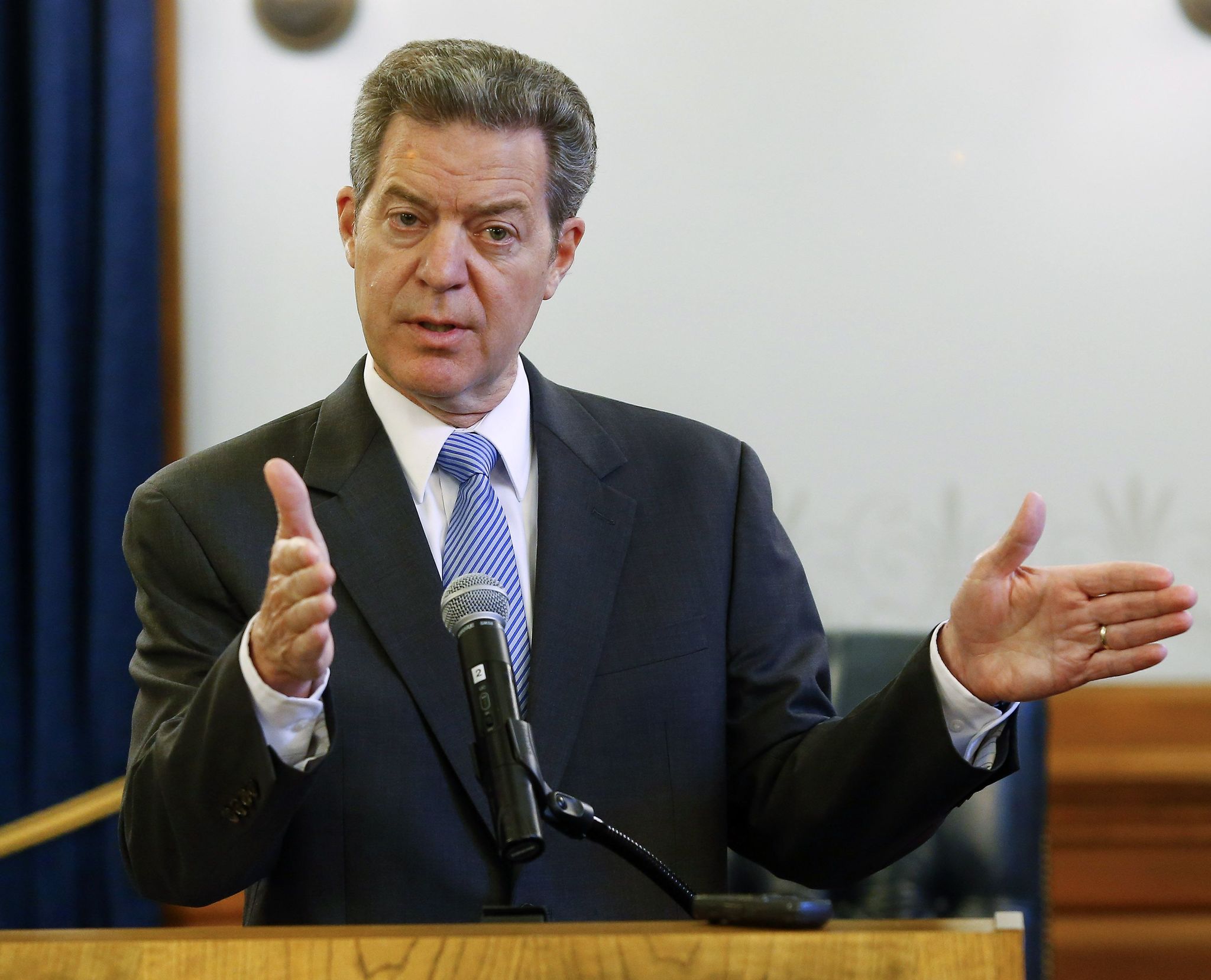In 2012, voters in California approved a measure to raise taxes on millionaires, bringing their top state income tax rate to 13.3 percent, the highest in the nation. Conservative economists predicted calamity, or at least a big slowdown in growth. Also that year, the governor of Kansas signed a series of changes to the state’s tax code, including reducing income and sales tax rates. Conservative economists predicted a boom.
Neither of those predictions came true. Not right away — California grew just fine in the year the tax hikes took effect — and especially not in the medium term, as new economic data showed last week.
Now, correlation does not, as they say, equal causation, and two examples are but a small sample. But the divergent experiences of California and Kansas run counter to a popular view, particularly among conservative economists, that tax cuts tend to supercharge growth and tax increases chill it.
California’s economy grew by 4.1 percent in 2015, according to new numbers from the Bureau of Economic Analysis, tying it with Oregon for the fastest state growth of the year. That was up from 3.1 percent growth for the Golden State in 2014, which was near the top of the national pack.
The Kansas economy, on the other hand, grew 0.2 percent in 2015. That’s down from 1.2 percent in 2014, and below neighboring states such as Nebraska (2.1 percent) and Missouri (1.2 percent). Kansas ended the year with two consecutive quarters of negative growth — a shrinking economy. By a common definition of the term, the state entered 2016 in recession.
Other effects of the Kansas tax cuts, which were meant to spur entrepreneurship, are well-documented.
While state officials anticipated that the reductions would create a shortfall in the state budget, tax revenues have been consistently below even those expectations. Standard &Poor’s and Moody’s Investors Service have signaled that they could reduce Kansas’s credit rating, indicating there is a chance the state cannot pay its bills.
The shortfalls have forced Republican Gov. Sam Brownback and lawmakers to make additional adjustments. The state canceled the initial reduction in sales taxes, then increased them again, while delaying additional scheduled reductions in the income tax.
On the whole, Brownback’s policies modestly increased taxes for the poor and working class, who pay more in sales taxes than income taxes, while reducing taxes drastically for the rich.
The poorest 20 percent of households — those making less than $23,000 a year — are paying about $200 more, on average, according to an analysis by the Institute on Taxation and Economic Policy in Washington. For the middle class, the changes have been a wash, with less-affluent households paying somewhat more and more-affluent households giving up a little less.
Meanwhile, the wealthiest 1 percent of households, those making at least $493,000 a year, are saving an average of $25,000.
Kansas’s gross domestic product is still less than it was at the end of 2011, said Menzie Chinn, an economist at the University of Wisconsin, who has been following Kansas’s economy. Meanwhile, the economy in the rest of the country continues to expand.
“It’s remarkable,” Chinn said.
It is perhaps less remarkable — or surprising — that California has powered along. The recovery nationwide has favored massive metropolitan areas stocked with high-skilled workers, which is to say places such as Los Angeles, San Jose and San Francisco. The damage from California’s deep housing crash has slowly healed in places such as the Central Valley.
Still, the noncoastal regions of California lag far behind Silicon Valley and Los Angeles in their job and growth recoveries. The state’s median income remains below pre-recession levels after adjustment for inflation, although it still beats the national average.
Few, if any, economists would say today that the recovery has been sufficient for all Californians. But almost no one can say that raising taxes on the rich killed that recovery. Or that given a choice between the two states’ economic performances over the past few years, you’d rather be Kansas.
Talk to us
> Give us your news tips.
> Send us a letter to the editor.
> More Herald contact information.

























